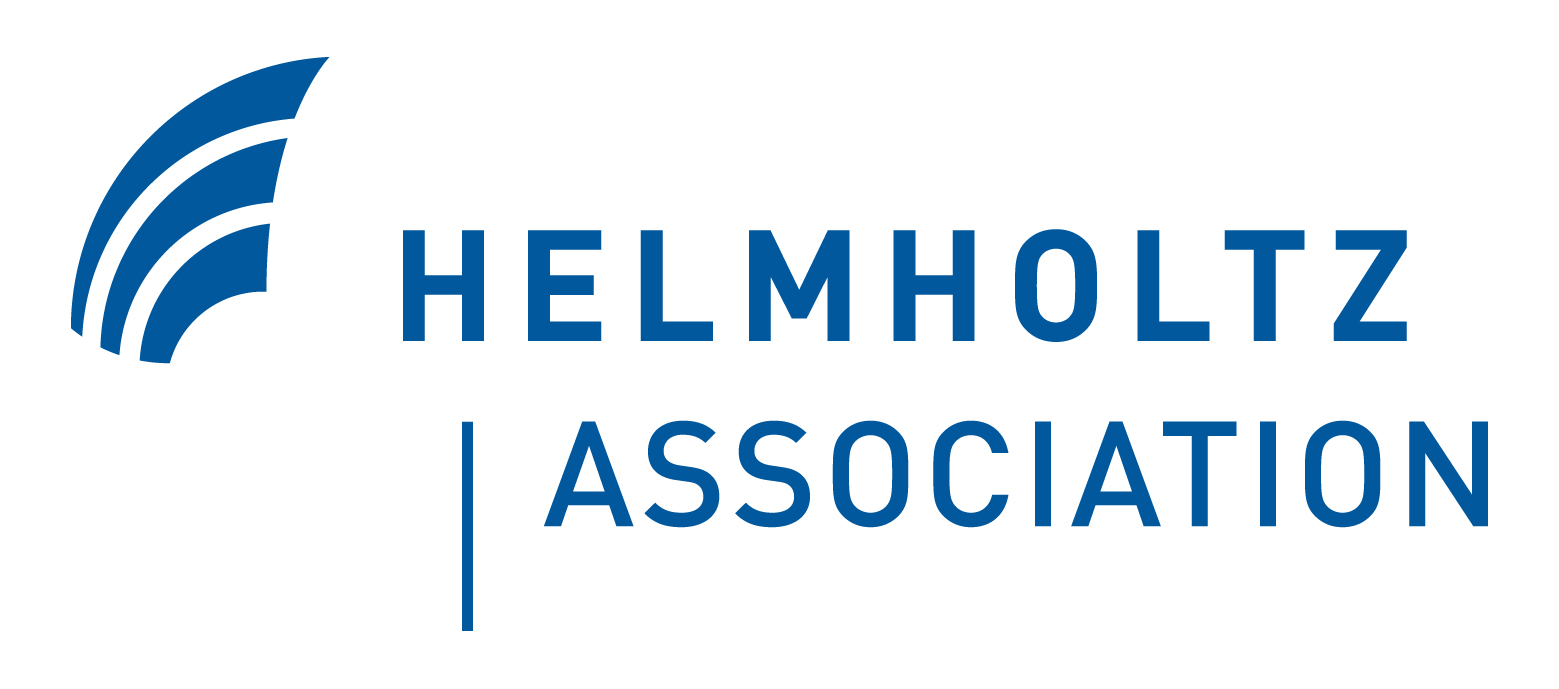GeoKit communicates directly with functions and objects within the Geospatial Data Abstraction Library (GDAL) and exposes them in such a way that is particularly useful for programmatic general purpose geospatial analyses. It gives low overhead control of fundamental operations; such as reading, writing, and mutating geospatial data sets, manipulating and translating geometries, warping and resampling raster data, and much more. Via the RegionMask object, GeoKit even allows for seamless integration of information expressed across multiple geospatial datasets in many formats and reference systems into the context of a single region.
GeoKit is not intended to replace the GDAL library, as only very small subset of GDAL's capabilities are exposed. Nor is it intended to compete with other libraries with similar functionalities. Instead GeoKit evolved in an ad hoc manner in order to realize the Geospatial Land Eligibility for Energy Systems (GLAES) model which is intended for rapid land eligibility analyses of renewable energy systems and is also available on GitHub. Nevertheless, GeoKit quickly emerged as a general purpose GIS toolkit with capabilities far beyond computing land eligibility. Therefore, it is our pleasure to offer it to anyone who is interested in its use.
- Direct exposure of functions and objects in the GDAL library
- Reading, writing, and manipulating raster and vector datasets
- Translation between data formats and projection systems
- Direct conversion of raster data into NumPy matrices
First clone a local copy of the repository to your computer
git clone https://github.com/FZJ-IEK3-VSA/geokit.git
Be sure GDAL and netCDF4 are previously installed * If using Anaconda, this can be accomplished via:
conda install -c conda-forge gdal>=2.0.0 netCDF4
!For Windows users! * Sometimes a path variable will need to be set to tell the system where to find the GDAL dependancies * Path variables name must be: "GDAL_DATA" * When installed with Anaconda, path should be: "\Library\share\gdal" * As of GeoKit version 1.1.0, GeoKit will attempt to add this path automatically at runtime
Then install GeoKit via pip as follow
cd geokit
pip install -e .
Or install directly via python as
python setup.py install
See the Examples page
MIT License
Copyright (c) 2017 David Severin Ryberg (FZJ IEK-3), Jochen Linßen (FZJ IEK-3), Martin Robinius (FZJ IEK-3), Detlef Stolten (FZJ IEK-3)
You should have received a copy of the MIT License along with this program.
If not, see https://opensource.org/licenses/MIT
We are the Process and Systems Analysis department at the Institute of Energy and Climate Research: Electrochemical Process Engineering (IEK-3) belonging to the Forschungszentrum Jülich. Our interdisciplinary department's research is focusing on energy-related process and systems analyses. Data searches and system simulations are used to determine energy and mass balances, as well as to evaluate performance, emissions and costs of energy systems. The results are used for performing comparative assessment studies between the various systems. Our current priorities include the development of energy strategies, in accordance with the German Federal Government’s greenhouse gas reduction targets, by designing new infrastructures for sustainable and secure energy supply chains and by conducting cost analysis studies for integrating new technologies into future energy market frameworks.
This work was supported by the Helmholtz Association under the Joint Initiative "Energy System 2050 – A Contribution of the Research Field Energy".
/Bild3.jpg?__blob=poster)

